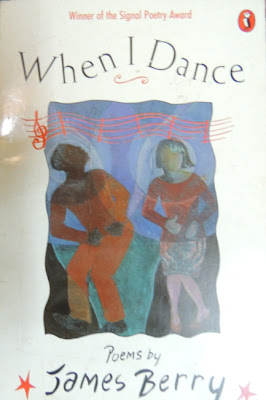Arun Kolatkar (1932-2004) was reclusive (didn't own a telephone: ever), bilingual poet with rare gifts. A clear demarcation of style and substance is evident in his Marathi and English works.
Apart from wit, satire, and humour, Kolatkar's English poetry has its unique punchlines, dream-scraping, and exaggerated comic imagery. A Sir J.J School of Art pass out who went on to be a professional graphic designer - the copyrighting sprinkle certainly shows in the English poems. Keen observation is another noticeable endowment.
Barely Published
The degree of reluctance in publishing his work was such that for years, Jejuri was the only English poetry collection available. Two English poetry collections Kala Ghoda Poems and Sarpasatra were released on July 14, 2004, at an event in Mumbai. Terminally ill with stomach cancer, Arun Kolatkar was in the audience as poets read from the two books.
Posthumously, came the beautifully compiled The Boatride and other Poems, edited by his close friend and fellow poet Arvind Krishna Mehrotra. The latter's introduction duly documents Kolatkar's last days, under the title - Death of a Poet. Kolatkar passed away on September 25, 2004 in Pune.
Thus was Kolatkar - of leonine hair, razor-blade eyes, and drooping moustache. We now delve into Jejuri, first published in 1974.
Destinations, Inspirations
Jejuri is an hour's drive from Pune. Much has changed since the poet visited this small-town nearly four decades ago. This was no pilgrimage that Kolatkar undertook, that much is clear. A leisurely trip with no particular purpose seems more like it. The first of the 31 poems swings in the surrealism of a bus ride. Another walks into the world of an eager priest. An excerpt:
The bus goes round in a circle.
Stops inside the bus station and stands
purring softly in front of the priest.
A catgrin on its face
and a live, ready to eat pilgrim
held between its teeth.
We also get a striking description of a temple's ruined state and an unlikely epitaph in another. The extract follows:
No more a place of worship this place
is nothing less than the house of god.
Kolatkar misses little - be it the haphazard zigzag journey of a conduit pipe, a medieval door or temple legends:
these five hills
are the five demons
that khandoba killed
says the priest's son
a young boy
who comes along as your guide
as the schools have vacations
do you really believe that story
you ask him
he doesn't reply
but merely looks uncomfortable
shrugs and looks away
The collection flows chronologically. For instance, the priest's son chances his eyes upon a:
look
there's a butterfly
there
The Butterfly is the poem that follows. (Click the following link to read
The Butterfly in its entirety.)
Some of the most profound lines in the book can be found in the poem, A Scratch. Another excerpt:
what is god
and what is stone
the dividing line
if it exists
is very thin
at jejuri
and every other stone
is god or his cousin
Kolatkar finishes it with a signature:
scratch a rock
and a legend springs
Apart from this dry comment on idol worship, Kolatkar cites his indifference to rituals in a quiet smoky rebellion in another. Here's Makarand - the whole poem :
Take my shirt off
and go in there to do pooja?
No thanks.
Not me.
But you go right ahead
if that's what you want to do.
Give me the matchbox
before you go
will you?
I will be out on the courtyard
where no one will mind
if I smoke.
A timeless frozen aura of words, spacing, and arrangement, Jejuri is a poetry travelogue worth lingering in. I would go on and call it a classic, not a popular, accepted work yet, but the sheen is unmistakable. As for you poetry lovers, the Wolf suggests you experience it for yourself, devoid of any fixed notion.
(Article by Snehith Kumbla)
 |
| Arun Kolatkar |












